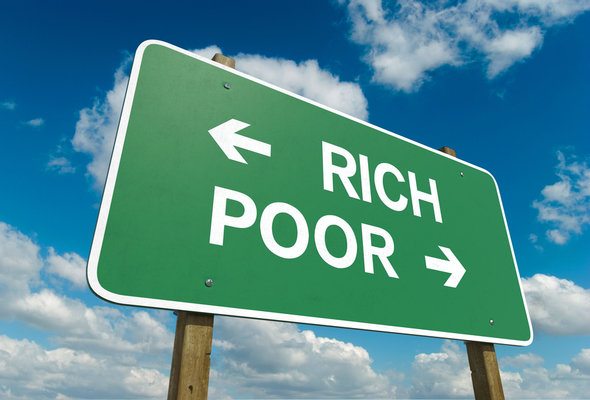
By KIM BELLARD
We’re pretty proud of modern medicine. We’ve accumulated a very intricate understanding of how our body works, what can go wrong with it, and what are options are for tinkering with it to improve its health. We’ve got all sorts of tests, treatments, and pills for it, with more on the way all the time.
However, there has been increasing awareness of the impact our microbiota has on our health, and I think modern medicine is reaching the point classical physics did when quantum physics came along.

Classical physics pictured the atom as kind of a miniature solar system, with well-defined particles revolving in definite orbits around the solid nucleus. In quantum physics, though, particles don’t have specific positions or exact orbits, combine/recombine, get entangled, and pop in and out of existence. At the quantum level everything is kind of fuzzy, but quantum theory itself is astoundingly predictive. We’re fooled into thinking our macro view of the universe is true, but our perceptions are wrong.
So it may be with modern medicine. Our microbiota (including both the microbiome and mycobiome) both provide the fuzziness and dictate a significant portion of our health.
Continue reading…










